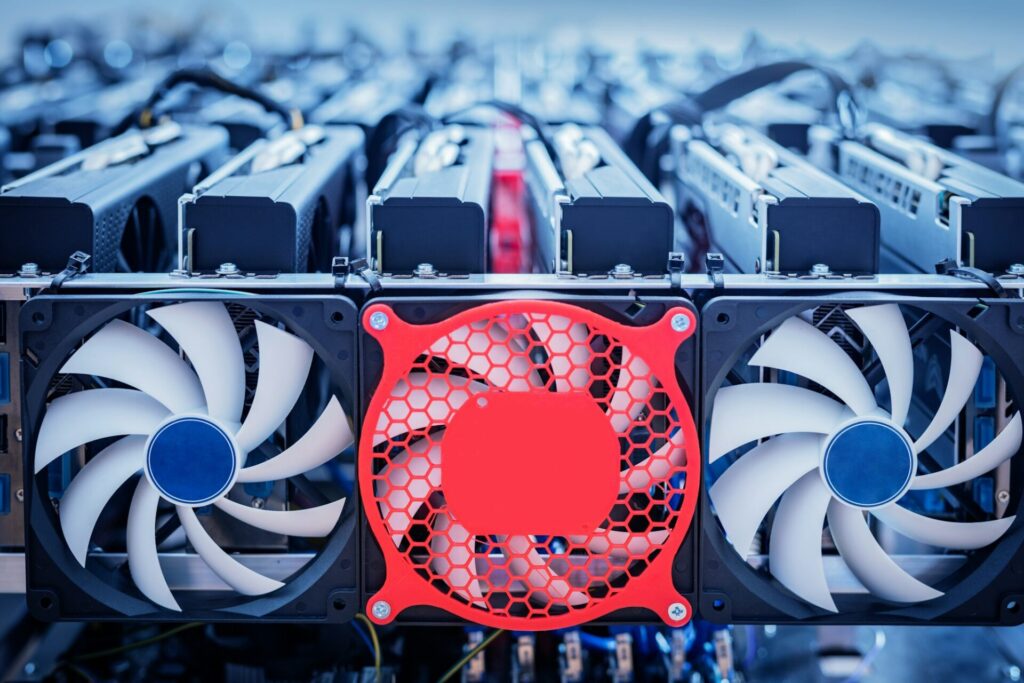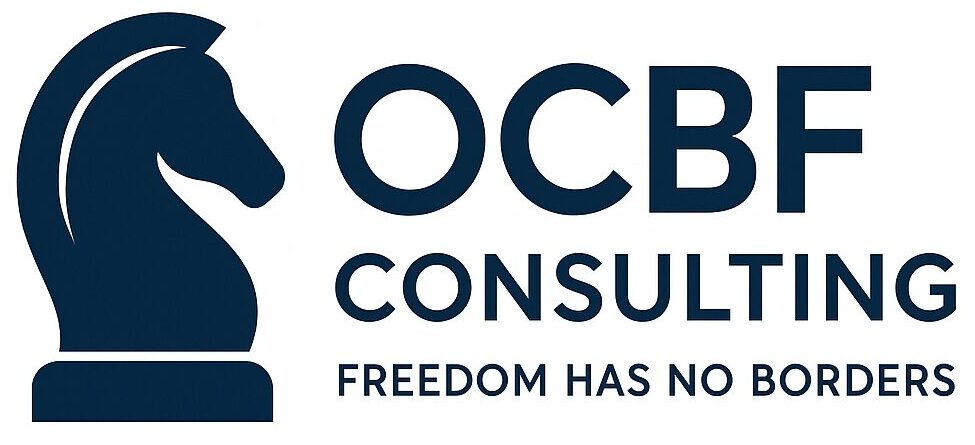The New Frontier of Wealth and Risk
In less than fifteen years, cryptocurrencies have transformed from obscure experiments into one of the world’s most volatile and lucrative asset classes. Early adopters who once traded Bitcoin for pizza now sit on fortunes that rival traditional portfolios built over generations. Yet unlike real estate or shares in a blue-chip company, digital wealth exists in a fragile ecosystem. It can vanish overnight through an exchange collapse, a regulatory clampdown, or a well-executed hack.
For investors who have seen billions wiped out in scandals like FTX or Mt. Gox, the lesson is clear: building wealth in crypto is only half the battle. The other half is protecting it. And increasingly, the most powerful shield is not another layer of encryption or the latest cold storage wallet—it is a legal structure born thousands of miles from Silicon Valley: the Cook Islands trust.
A Small Nation, a Big Legal Firewall
The Cook Islands, a scattering of volcanic islands in the South Pacific, would hardly seem like the epicenter of global wealth defense. Yet since the 1980s, its legal system has been honed into the strongest jurisdiction in the world for asset protection. Unlike domestic trusts in Delaware or London, a Cook Islands trust is designed to resist foreign claims. U.S. court orders do not reach its shores; overseas judgments carry little weight. Creditors who want to pursue assets must do so in the Cook Islands’ own courts, under its own laws—and history shows just how formidable that challenge is.
This unique jurisdictional firewall has protected business owners, doctors, and entrepreneurs for decades. Now, in the age of digital assets, it is being adapted to protect the most intangible yet portable wealth of all: cryptocurrency.

Why Crypto Needs More Than Cold Storage
Ask any seasoned crypto investor how to safeguard their coins and you’ll hear about hardware wallets, multisig arrangements, and offline vaults. These tools are essential. But they only address one kind of risk—technological.
Checkout our Offshore Guide
What they cannot guard against is legal risk. If you face a lawsuit in the United States, your wallets can be subject to a court order. If regulators ban exchange accounts in your country, your holdings may be frozen. If you are targeted by creditors or ex-business partners, your digital wealth is just as vulnerable as a bank account.
This is where the Cook Islands trust steps in. By transferring ownership of your digital assets into a properly structured trust, you create a legal firewall that separates you from the wealth you built. The assets are no longer in your name; they are managed under the stewardship of a licensed Cook Islands trustee. That shift changes everything: a courtroom in New York or Sydney may rage against your fortune, but the Cook Islands courts are under no obligation to comply.
How It Works in Practice
A Cook Islands trust follows a straightforward design: a settlor transfers assets to a trustee, who then manages them for the benefit of chosen beneficiaries. What makes the structure unique is not its form, but its legal environment. In the Cook Islands, creditors must prove their case beyond a reasonable doubt—a criminal standard—and must do so in a local court, in person. The statute of limitations for challenging a trust is often expired before litigation even begins.
For crypto investors, the mechanics can take several forms. Some choose to place private keys into a trust-controlled cold storage arrangement. Others use limited liability companies, owned by the trust, to hold exchange accounts or even participate in staking protocols. The design is flexible, but the principle remains constant: the settlor no longer legally owns the crypto. That transfer is what makes it untouchable.
The Benefits—and the Price Tag
The allure of a Cook Islands trust lies in its uncompromising protection. Investors who establish one gain peace of mind against lawsuits, creditors, and regulatory surprises. It also doubles as an elegant estate-planning tool, allowing heirs to inherit digital assets without probate battles or public exposure. For privacy-conscious crypto holders, it offers another advantage: Cook Islands law does not maintain public registers of trust ownership.
This protection comes at a cost. Establishing a trust can run into five-figure setup fees, with annual administration expenses that put it beyond the reach of casual investors. Nor should it be mistaken for a tax dodge. U.S. citizens, and many others, must still declare their interests to the tax authorities. What the trust delivers is not secrecy for secrecy’s sake, but resilience against seizure.
Comparing the Alternatives
Other jurisdictions, such as Nevis or Belize, also offer offshore trusts. They are cheaper and can provide substantial benefits. Yet they lack the same legal track record. Domestic options in Delaware or Wyoming may feel safer for Americans but are subject to U.S. court rulings, which undermines the point of building a firewall. Foundations in Liechtenstein or Panama offer flexibility but generally weaker creditor resistance.
In other words: while there are many ways to structure offshore wealth, the Cook Islands remains the most battle-tested choice for those who cannot afford to lose.
Stories From the Field
Consider the American trader who parlayed a modest Bitcoin stake into eight figures, only to be sued by disgruntled investors in a failed token project. His U.S. accounts were frozen. The coins in his Cook Islands trust, however, remained beyond the reach of the plaintiffs.
Or the early adopter in Europe who feared her children would struggle to access her cold wallets if anything happened to her. By creating a trust, she ensured a professional fiduciary could manage the assets until her heirs were ready to inherit.
These stories underscore the same principle: crypto’s greatest strength—its borderlessness—can also be its greatest vulnerability, unless matched with the right legal framework.
Building a Cook Islands Trust
Setting up such a trust is not an overnight process. It requires experienced counsel, careful planning, and trustees who understand digital assets. Typically, the process involves drafting a trust deed, appointing a Cook Islands trustee, and, where appropriate, creating underlying entities to manage exchange accounts. Transferring crypto into the trust is then a matter of securely migrating private keys or custodial accounts.
From start to finish, the process may take a month or more. Done properly, it is a lasting shield that can endure decades—and even generations.

Key Takeaway for Cook Islands Trust Crypto Investors
The truth is simple. A cold wallet can guard against hackers, but it cannot guard against lawsuits. A VPN can obscure your IP address, but it cannot obscure your assets from a judge’s order. In a world where digital wealth is both fragile and visible, legal structures matter just as much as technical defenses.
For those holding serious digital fortunes, the Cook Islands trust has become the gold standard. It is not cheap, nor is it casual—but it offers the strongest possible answer to the question that keeps many crypto investors awake at night: “How do I make sure what’s mine stays mine?”
Want to know how to build a diversified offshore strategy?









